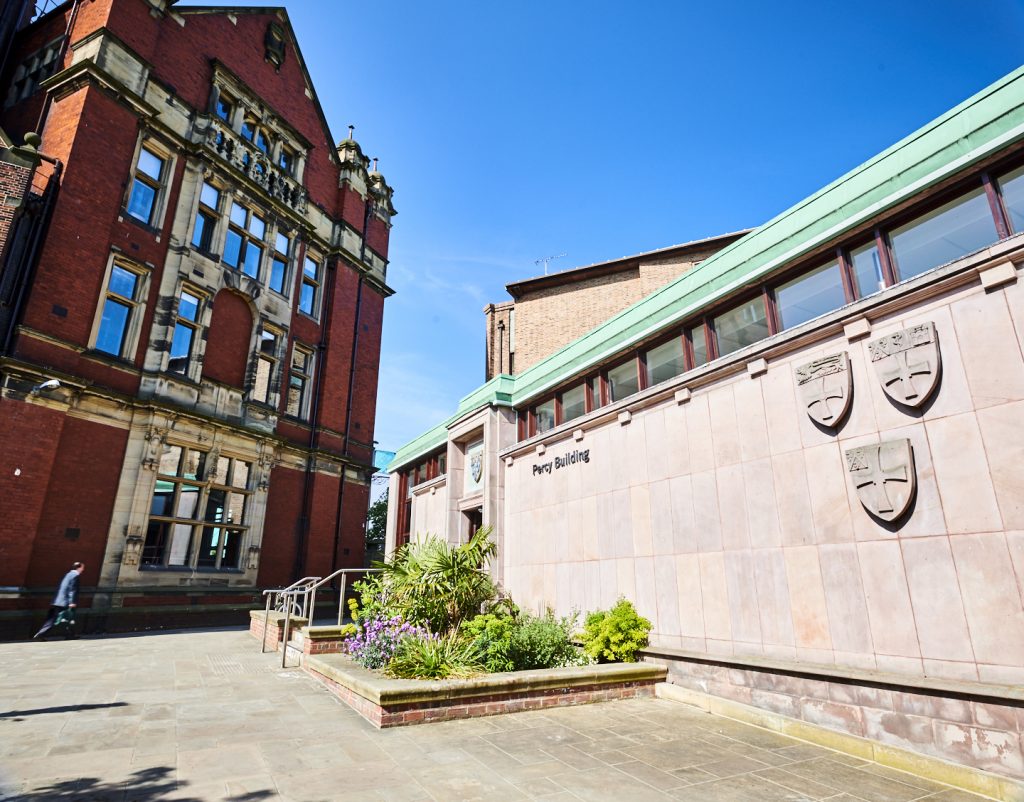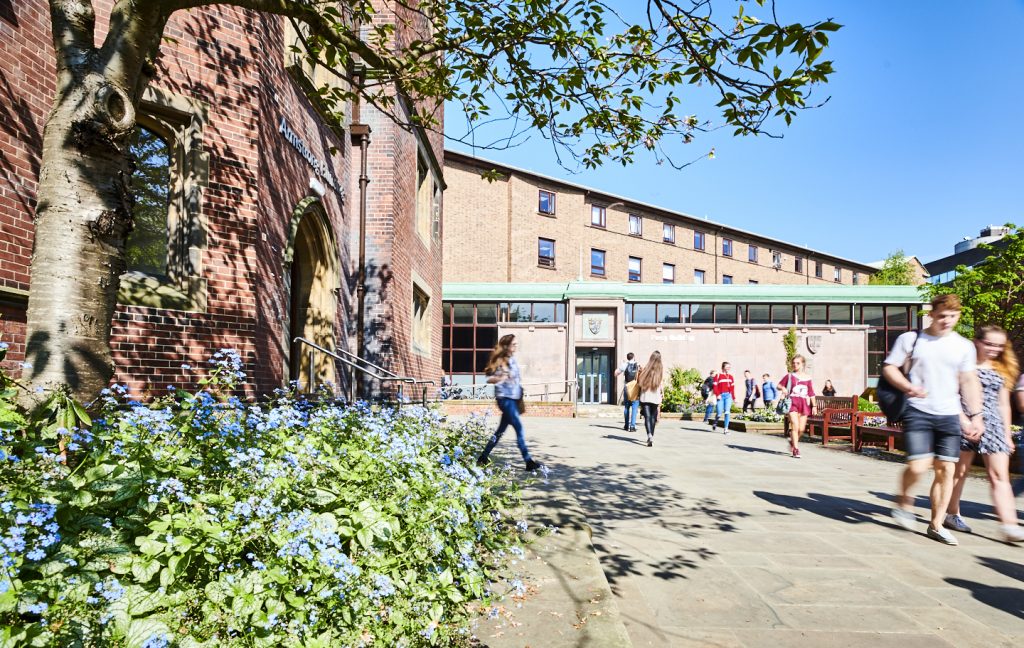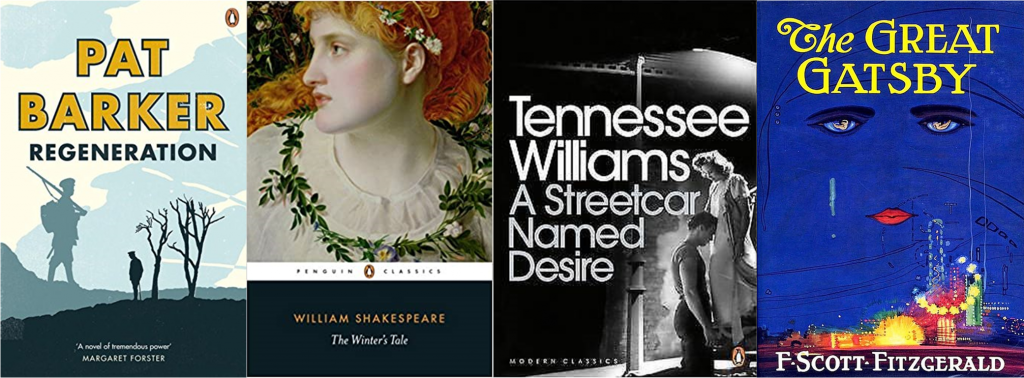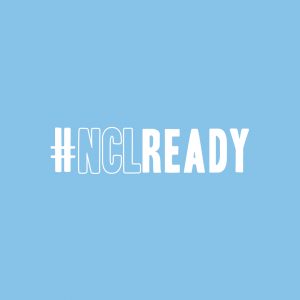Hello Everyone
Congratulations on your offer of a place to study at Newcastle University! My name is Christine Cuskley and I’m a Lecturer in Language and Cognition here at Newcastle, where we hope to welcome you this autumn.

Lecturers and professors here in English Language and Linguistics are hard at work updating our teaching programme for the autumn – more specific reading lists for your modules will be available later in the summer. However, in the meantime, we encourage you delve into some more general – and even entertaining – material to get you excited about getting started in your studies.
There are some great podcasts about language and linguistics that you should check out – you could have a listen while taking your favourite walk or milling around the house! Dive into this great, exhaustive list of podcasts related to language and linguistics.

This list is so big that you may not know where to start – one good jumping off point is this episode of the podcast Lingthusiasm about the International Phonetic Alphabet (IPA). The IPA is an important tool used in linguistics to describe the sounds in the world’s languages. The podcast delves into what the IPA is for, and digs deeper into the history of how it was developed. In your first year, you’ll learn lots more about how we study sounds in language – including how to understand and use the IPA. If the podcast piques your interest, you check out this interactive online IPA chart, or challenge yourself with this quick exercise from the UK Linguistics Olympiad.
You’ll also be delving into the study of language variation and change – how languages vary across space and time. Check out this episode of BBC sounds on The Future of English: Dialects and Evolution. They look at varieties of English all over the world – have a listen and think about the differences they discuss. What do you think about the future of English?
Let us know if you find any favourites among those podcasts, either by email or by social media. Alternatively, you can find even more tips and resources on our Twitter page, or by searching the hashtag #NCLReady.
Best,
Christine Cuskley
Lecturer in Language and Cognition




